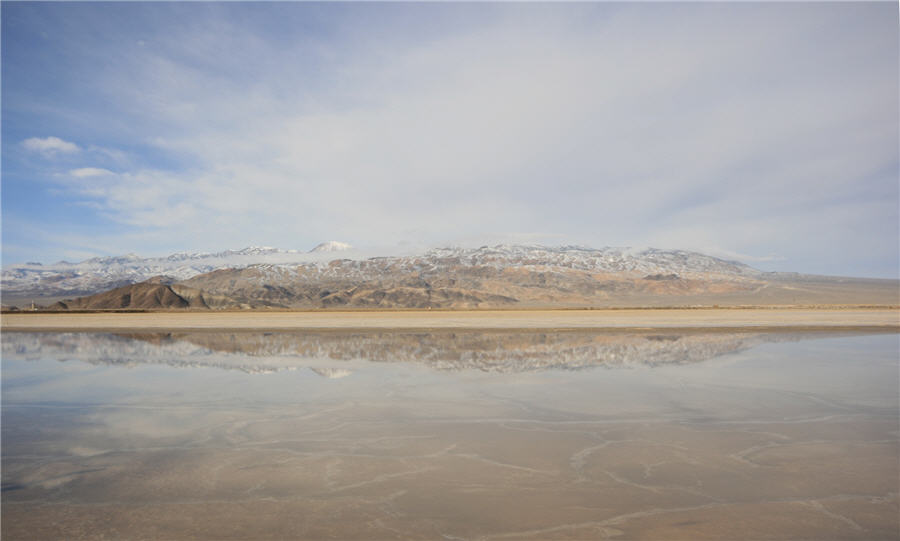EPA mine spill could have been prevented, probe concludes

The big accident could have been averted if the agency had had greater expertise and acted more prudently, according to a government assessment. (Image from archives)
Results of a government probe released Thursday say the U.S. Environmental Protection Agency (EPA) is to blame for the blowout at the abandoned Gold King Mine in Colorado, which caused a massive spill of mining wastewater into local rivers in August.
The review by the U.S. Interior Department concludes the EPA clean-up crew rushed its work and failed to ponder the complex engineering involved, triggering the very blowout it hoped to avoid.
The document notes the spill that contaminated rivers in three states would have been avoided had the EPA team checked on water levels inside the mine before digging into its entrance.

These images show the mouth of the Gold King Mine tunnel (left), and the channelled runoff on the mine dump (right). (Courtesy of EPA)
Investigators added the accident was both “preventable” and also “emblematic” of agencies’ inconsistent and deeply flawed approaches to reopening shuttered mines.
The report does not assign fault to any individuals, despite prior claims from EPA Administrator, Gina McCarthy, that it would determine responsibility and any negligence.
Investigators actually established that the deep causes of the accident could be found decades ago, when mining companies altered the flow of water through a series of interconnected tunnels in the extensively mined Upper Animas River watershed.

EPA said that about 3 million gallons of toxic wastewater, triple previous estimates, poured from the old Colorado gold mine into local streams.
Todd Hennis, owner of the Gold King Mine, agrees. He said in an e-mailed statement that blocking the flows was what triggered mine water built-up and later overflow.
“We have been advised of an independent investigation that has determined via photographic evidence analysis that the actions of the EPA in 2014 in piling a large amount of backfill material on the Gold King entrance blocked off the mine discharge pipe intakes,” he said.

The Interior Department acknowledged that the plug “may have failed on its own,” but smarter intervention could have averted that. (Image by @kelly.greenwell | Instagram)
According to Hennis another disaster, way worse than the one triggered by EPA last summer, is on the works. He is referring to concrete dams placed in the American Tunnel by the operators of the Sunnyside Mine.
“We again ask Kinross Gold Corporation of Canada to step forward and correct this horrendous situation,” he said in the statement.
EPA answers
While the investigation singles out EPA as the main responsible for triggering a 3-million-gallon toxic spill into Colorado’s Animas River, it did not arrive to any conclusion on why the agency took several days to notify the states of Utah, New Mexico and the Navajo Nation that the spill was coming their way.
The agency’s spokeswoman, Nancy Grantham, told MINING.com that EPA has requested the document to provide an independent assessment of factors that contributed to the accident.
Regarding the decision by EPA not to use a drill rig to bore into mine from above and directly determine the water levels, Grantham noted that the agency’s Internal Review Team found that site conditions made it difficult to undertake such drilling to determine pressure within the mine.
Her statement echoes the Interior Department’s own words, as it acknowledges in the document that “eventually, even if no action had been taken, [the earth “plug”] may have failed on its own.”
{{ commodity.name }}
{{ post.title }}
{{ post.date }}




3 Comments
rayban
Hey , let us hit that plug in the mine tunnel , here you take the hammer . Still , how do you get doing that ?
Anopheles
The EPA isn’t blaming anyone? It’s “just an accident”?
If that had been a private company they would be screaking about hundreds of millions in fines and jail time.
klgmac
No one from the ruling class will be held accountable. The US is no longer a nation of laws.